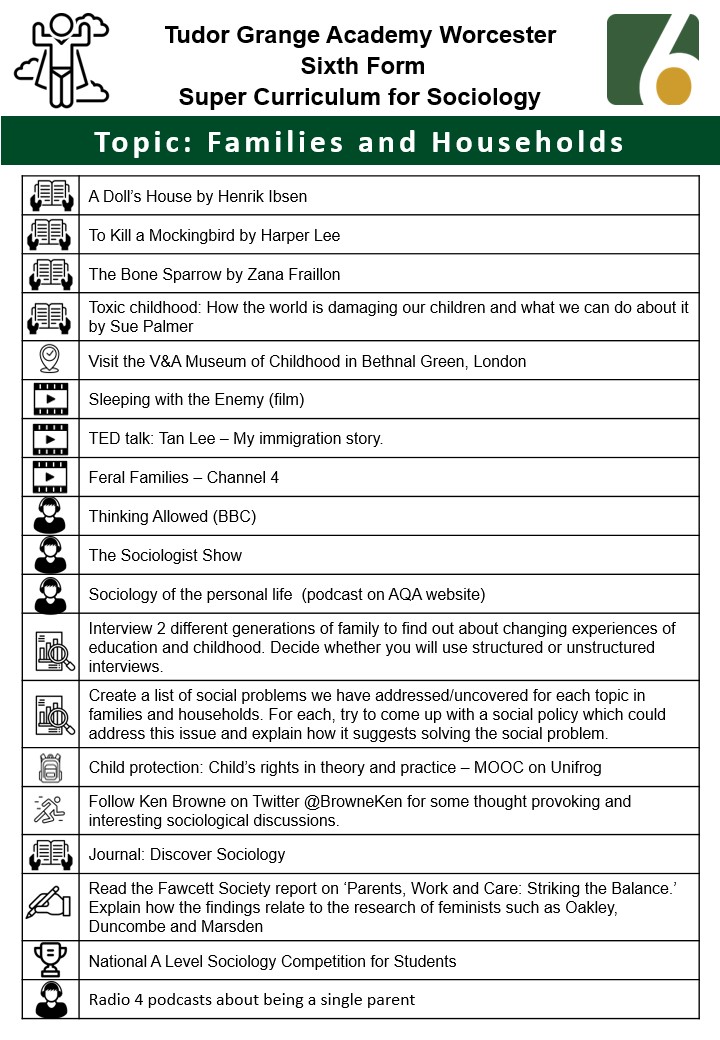Academic programme

Post-16 study offers young people a chance to focus on subjects about which they are passionate. We offer a wide range of courses and subjects because we know that out students have a wide range of interests. All of our courses have been arranged to ensure students end up with a set of qualifications and skills that will help them to realise their individual ambitions.
All students who apply will meet with a member of the sixth form team to discuss their options. We will help you to think about your short- and long-term ambitions alongside your predicted grades so that you can be sure you have made the right choice. We will also talk about each subject you have chosen so that you have chosen so that you have confidence that you will enjoy and achieve during your time here.
In our experience, students are most successful when they choose courses in which they have a genuine interest.
A-Levels, BTECs and Level 3 Vocational Courses:
Students completing BTECs will have very different experiences to students studying A-levels. BTECs are assessed mostly through coursework with a small exam element and will normally combine practical tasks with extended writing. A-levels are assessed primarily through examinations. Neither option is better, and neither is easier, but students will find that one type of qualification will suit them more than the other and they should make their choices based on the type of learning they prefer and the qualifications that best suit their chosen destinations.
Students who find that they have been successful in examinations and who enjoy examining and debating ideas and arguments in depth should consider A-levels. A-levels provide access to academic degrees at all universities because they help students to develop their extended writing, analytical and critical thinking skills. The BTEC route allows you to complete elements of the course throughout the two years of studies. Both routes carry UCAS points for entry to university. Students can study a mixture of A-Level and BTEC courses if they have met the entry requirements for each subject.
The A-Level and BTEC routes give students a wealth of transferable skills that make them good candidates for a variety of different pathways. Both types of Level 3 courses offer routes into university, apprenticeship and employment.
All students enter Sixth Form with individual target grades for each subject they study, and this is how we support their progress in addition to the support provided by their teachers.
For information about the specific courses we offer, please see our prospectus.
The Super Curriculum
The super curriculum is anything a student does that takes their academic studies beyond what they are doing in the classroom for that subject and can be linked to their post-18 options. It helps them to develop a greater love for their favourite subject(s).
It is important because it supports a student’s capacity for studying independently, helps them to decide what they might do after sixth form, provides them with evidence for when they apply for their post-18 options, particularly universities and aids with developing a full range of skills.
For these reasons, sixth formers are required to spend one hour a week completing a super curriculum activity. From doing so, not only will it broaden their understanding but also enhance their grades. To support students with this, each subject has created a super curriculum suggestion list for the topics they teach. An example of a suggestion list is below.

Super Curriculum Suggestions Available Online
Super Curriculum Suggestions from The University of Cambridge
The University of Cambridge’s Subject Masterclasses
London School of Economics – (LSE) Free Lectures
Oxford University UNIQ Summer Schools